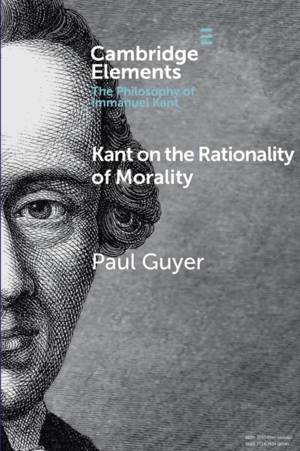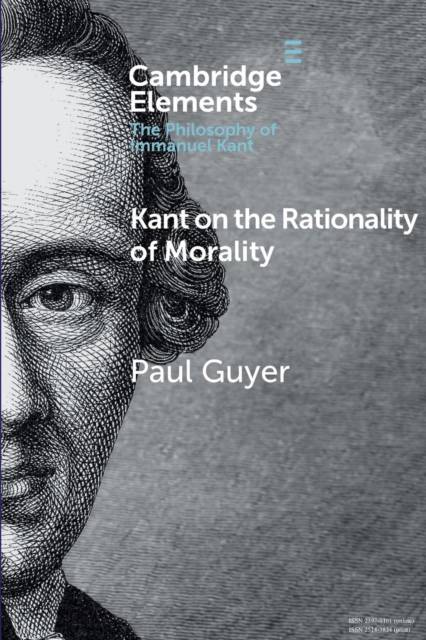
- Afhalen na 1 uur in een winkel met voorraad
- Gratis thuislevering in België vanaf € 30
- Ruim aanbod met 7 miljoen producten
- Afhalen na 1 uur in een winkel met voorraad
- Gratis thuislevering in België vanaf € 30
- Ruim aanbod met 7 miljoen producten
Zoeken
Omschrijving
Kant claims that the fundamental principle of morality is given by pure reason itself. Many have interpreted Kant to derive this principle from a conception of pure practical reason (as opposed to merely prudential reasoning about the most effective means to empirically given ends). But Kant maintained that there is only one faculty of reason, although with both theoretical and practical applications. This Element shows how Kant attempted to derive the fundamental principle and goal of morality from the general principles of reason as such, defined by the principles of non-contradiction and sufficient reason and the ideal of systematicity.
Specificaties
Betrokkenen
- Auteur(s):
- Uitgeverij:
Inhoud
- Aantal bladzijden:
- 88
- Taal:
- Engels
- Reeks:
Eigenschappen
- Productcode (EAN):
- 9781108438810
- Verschijningsdatum:
- 25/07/2019
- Uitvoering:
- Paperback
- Formaat:
- Trade paperback (VS)
- Afmetingen:
- 152 mm x 229 mm
- Gewicht:
- 122 g

Alleen bij Standaard Boekhandel
+ 63 punten op je klantenkaart van Standaard Boekhandel
Beoordelingen
We publiceren alleen reviews die voldoen aan de voorwaarden voor reviews. Bekijk onze voorwaarden voor reviews.











